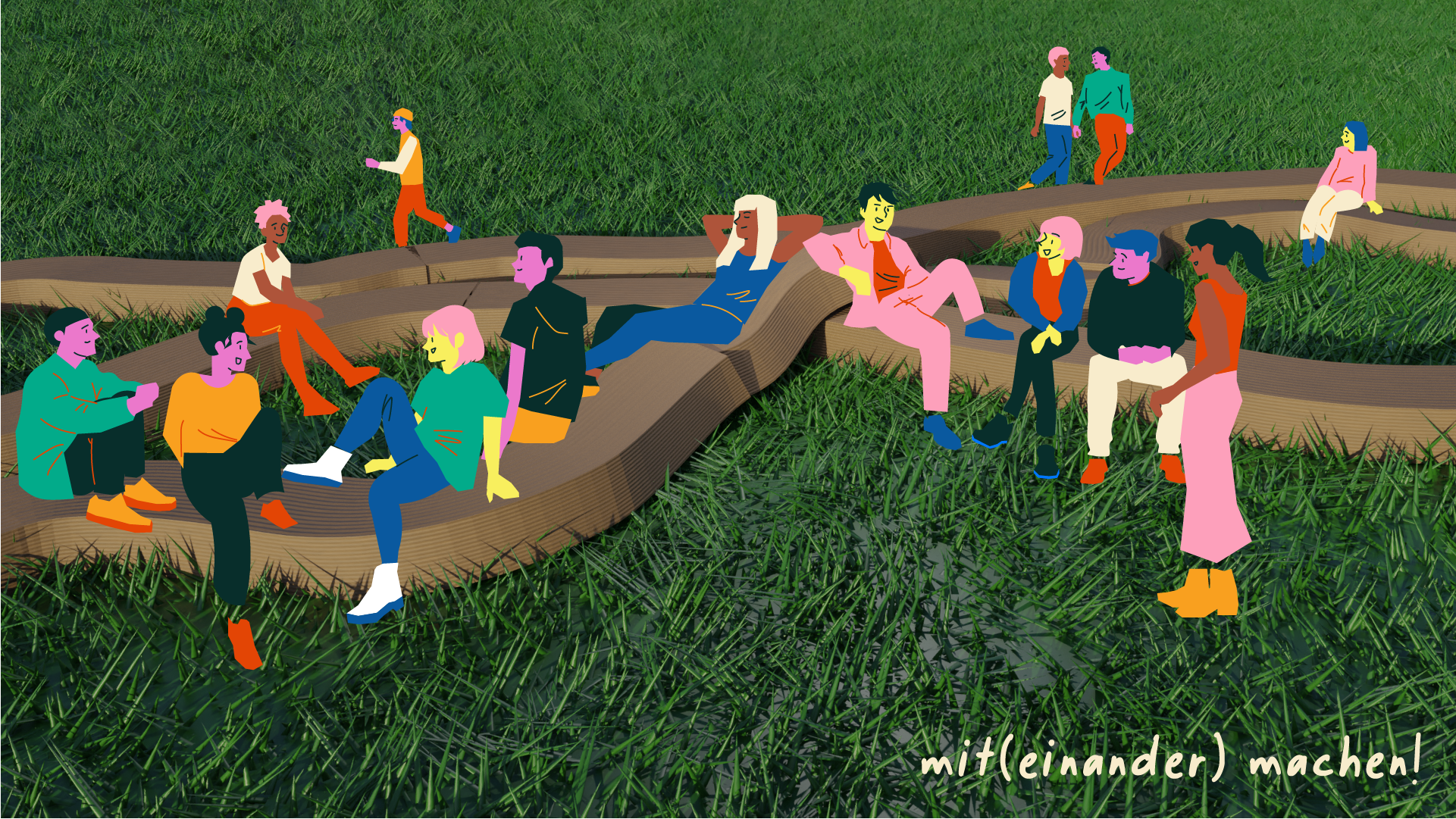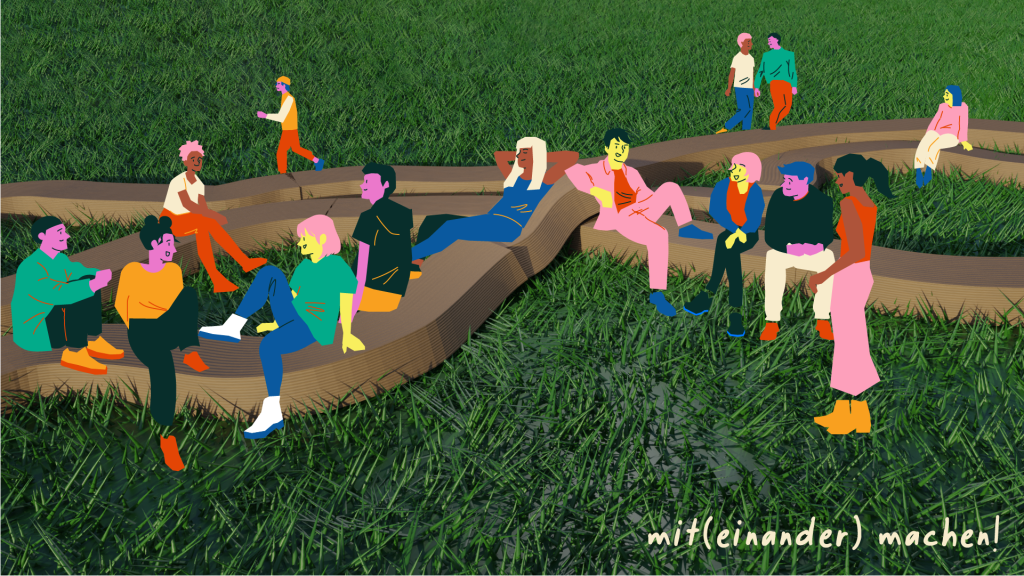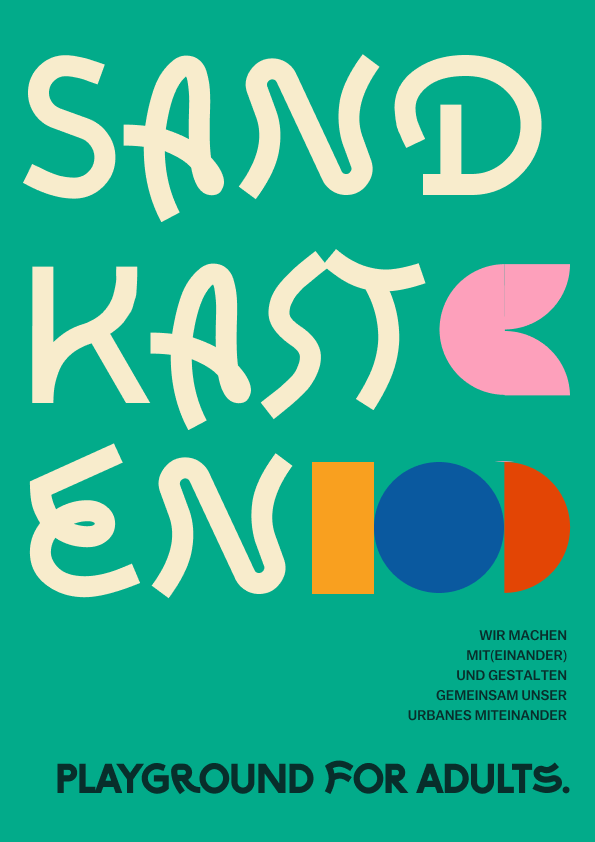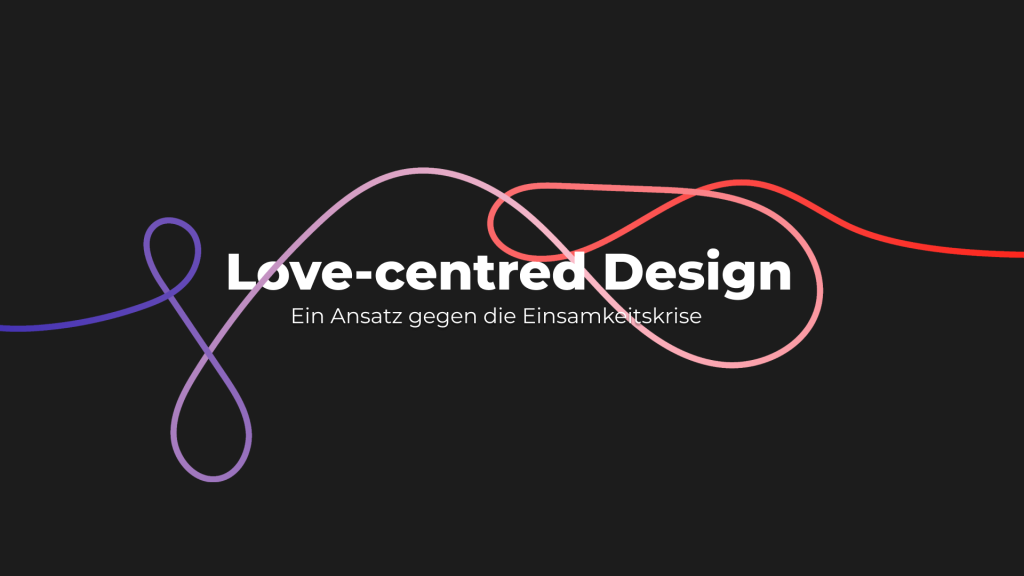Love-centered Design

Phuong Quach
Hochschule Darmstadt
2023
B.A.: Interactive Media Design, Application, Concept
In today’s discourse, experts frequently address the emerging phenomenon known as the „loneliness epidemic“ and the connected crisis of disconnection. This pervasive issue has become a defining aspect of modern culture, sparking a need for exploration and a possible solution through a love-centered design approach. At its core, loneliness entails an uncomfortable sensation stemming from unfulfilled relationships or the failure of existing social connections to meet personal expectations. Strikingly, this sentiment isn’t confined to a particular age group; rather, its influence spans generations, casting a shadow over both young adults and the older population. This situation is particularly pronounced in urban centers. A growing number of young individuals are drawn to city life, embarking on new chapters of existence. Yet, this urban migration comes with a question: How does one form new friendships amidst bustling surroundings? This query magnifies the presence of loneliness, especially among youth and young adults, accentuated by the dynamics of contemporary urban living. Compounding this issue is the lack of supporting structures for fostering meaningful interactions. The modern built environment leans heavily toward individualism, prioritizing material possessions and profit, often at the expense of communal spaces. Nonetheless, these public domains are vital in nurturing connections, especially among young people.
They serve as meeting points for social exchanges, platforms for self-expression, retreats for introspection, and arenas for discovering oneself in relation to the surroundings. In response, a novel social space takes shape—an adaptive environment that responds to the desires and necessities of the community it serves. It’s a space designed to evolve organically, with foundational structures that accommodate additional elements, making it versatile and capable of tailoring itself to diverse individual needs. This concept extends beyond the familiar domains of home and workplace. These envisioned „third spaces“ are envisioned as sanctuaries where people can unwind in public, nourish existing connections, and forge new relationships, all in a backdrop designed to facilitate these human interactions.
Our innovative approach from our bachelor project in tackling this issue involves a transformative pop-up concept, called the Sandkasten. Presented as a traveling exhibition, this endeavor seeks to inspire young minds to envision and participate in the co-creation of public spaces within their urban environment. It encourages citizens to actively engage in redefining the fabric of urban living. The result is a dynamic space that thrives on human interaction, continuously evolving as people interact within its boundaries. With its welcoming and informal ambience, this pop-up concept encourages individuals to linger and engage. Its modular nature encourages experimentation, allowing people to adapt the space to their specific preferences and activities, thereby crafting their own unique urban oasis.
In conclusion, the concept of „Love-centered Design“ emerges as a potential catalyst for change. In a world marked by digital advancements and evolving notions of connection, this approach envisions a realm where the loneliness epidemic is met with authentic human connection. Through innovative spaces that prioritize human interaction, a future is envisioned where individuals can find comfort, companionship, and fulfillment in their shared surroundings.




